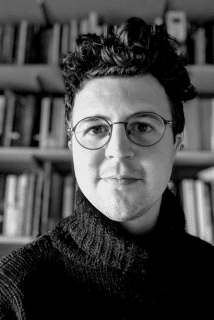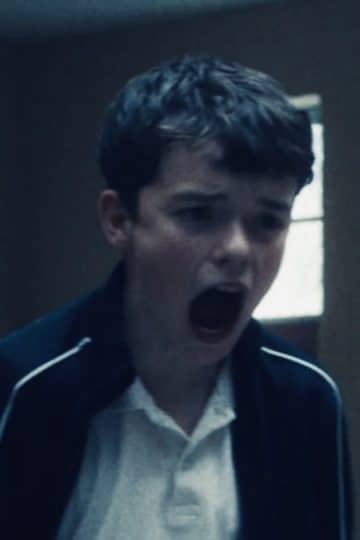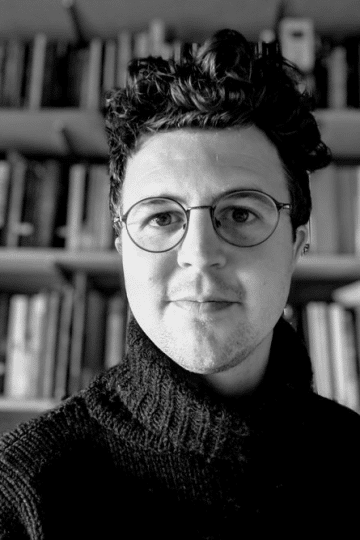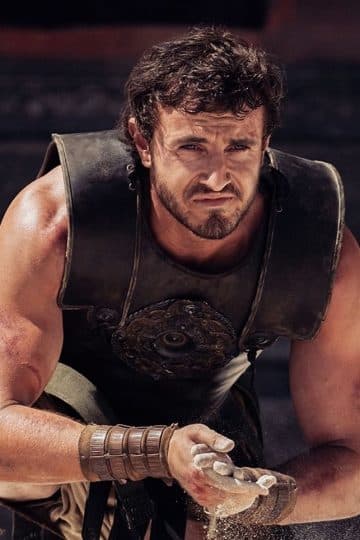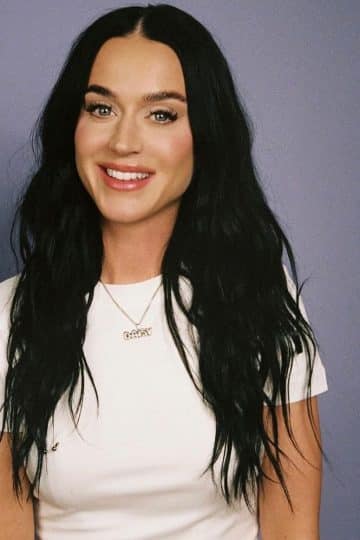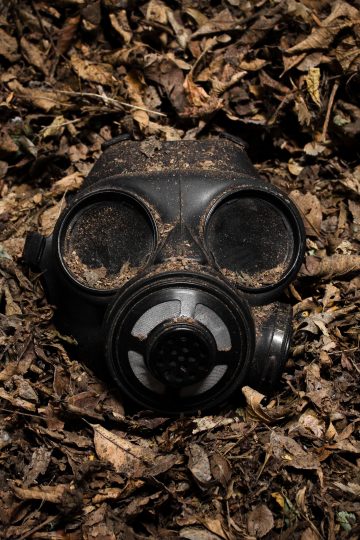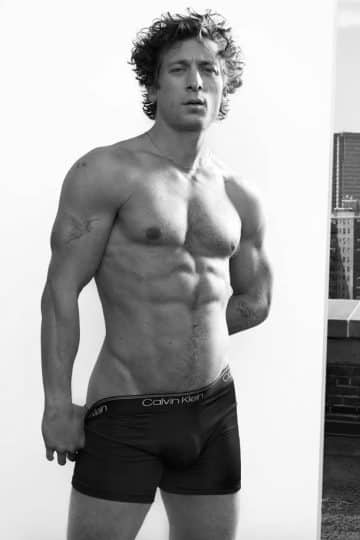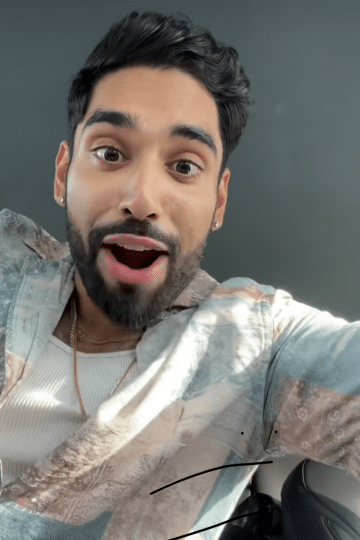Sex Talks take on toxic tropes in positive masculinity event
Masculinity
Sex Talks creator and founder Emma-Louise Boynton tells is about their new event which aims to look at modern masculinity, and male sexuality, with nuance.
Sex Talks are a ground-breaking set of live events created and hosted by Emma-Louise Boynton, one of the leading voices in this new era of understanding and rethinking sexuality. Emma’s work is all about safe spaces for real talk about sex and relationships, and also goes beyond – or rather through – that to deal with pertinent issues of our time. The next Sex Talks Live is entitled, ‘How To Be A Man: exploring a positive model of masculinity’, which of course, pricked up our ears. Taking place at The London Edition on 19th June, it promises to tackle toxic masculinity, look at the real experiences of men, and give a path to a more positive future.
Book of Man readers can have a special 20% discount to the event by using this code on their Eventbrite page: thebookofman
We spoke to Emma to find out more about the event and Sex Talks as a whole…
How did Sex Talks begin?
Funnily enough, I got started in sex talks because I didn’t really like sex. I had a really bad relationship with sex growing up and just didn’t have a great connection to it. Couldn’t orgasm in partner sex, and after my long term relationship came to an end in my early twenties, I had a very disconnected relationship to my body because of an adolescent eating disorder that had kind of lingered in myriad ways into adulthood.
I was at a dinner party one evening, and for whatever reason, in the company of complete strangers, I started divulging my innermost thoughts about sex and I revealed on the table that I just don’t think I’m a sexual person. These two women at the table I was talking to looked horrified and they were like, ‘What? You can fix this.’
It transpired, both of them had recently been to see a sex therapist called Alex, and they’d become evangelical about it. They gave me her number, I started doing sex therapy, and I found the experience transformative. It changed my relationship to not just sex but to my body, fundamentally.
I struggled with bulimia, and for 17 years of my life, I was so disconnected from my body and had quite difficult relationships. I felt a lot of expectation around sex. I thought sex was very much for men. It wasn’t for my pleasure. I had a lot of this kind of internalised shame around sex as well.
The therapy was the first time in my life when I was able to talk about sex in a safe space. By safe, I mean shame-free.
I had someone sitting opposite me who was like, ‘Not only is that is so normal for women but actually all genders experience difficulty around orgasms, sexual shame, et cetera.
It occurred to me as I was doing the therapy, and I began to speak a little bit more openly to people around me that our conversations around sex are just so reductive and so narrow.
Prior to having sex therapy, as far as I was concerned, everyone around me was having mind-blowing phenomenal sex. Everyone was just loving it. My friends would tell me about recent times they’d had sex with someone, and what I couldn’t understand was how no one seemed to be experiencing the anxiety that, to me, felt so inherent to my sexual experiences.
As I said to my sex therapist in session number one: ‘I’m broken.’
Then as I did the therapy and started speaking more openly about my issues, more and more people around me began saying to me, ‘Oh, actually, you know what? I’ve had that, too.’
I suddenly realised that we’re all alone together and feeling a lot of worry and anxiety and shame around sex.
But in the public conversation around sex that’s forgotten. Sex is everywhere, it’s ingrained into our kind of cultural conversation. And I think often it’s very reductive, it isn’t reality. Shows like Love Island are hyper sexualised, with a fancy version of sex or through the prism of porn.
I wanted more people to have access to sort of conversations. I figured if they’d been so transformative to me, they can be just as transformative to other people.
I ran ran one event on The Orgasm Gap, and it sold out. And I realised I wasn’t the only person that wants better, richer, more in depth conversations around sex.
What is your general approach to Sex Talks Live?
For me, the really important thing about doing these in the context of live events is that the shame that we often feel is our experience of sex is such a private one.
So I think a lot of the time shame builds up because we feel like we can’t talk about what’s going on with us because we feel like we’re individually broken and actually a lot of what we’re going through it reflects the fact that our broader sex culture is broken.
We don’t get to talk about sex properly. Sex education is really poor. We don’t have a a healthy, strong conversation about sex that gives us the language to talk about it, and also self confidence.
There’s something incredibly powerful about being in a room full of people for this, even if you’re just listening and you don’t ask questions. You can recognise the fact that you’re in this room sitting next to people, and you’re all together going through this private public experience of opening up and thinking more openly about sex.
The events snowballed for me. The first event was two years ago now, and I’ve now done 50-plus events.
I have a very female audience because the nature of the conversations I’ve had thus far have been quite female-centric. But I think as sex culture has grown, I feel aware of the need of the fact that nothing changes if we don’t have men involved in this conversation.
All genders should be at the table because I think all of us have been let down by our broken sex culture.
Can you tell us about this particular event?
It came off the back of the event I did a few weeks ago with Ben Hurst and David Chambers. Ben is a director facilitation at Beyond Equality, a charity that is championing equality by talking to young men about positive masculinity. And David Chambers is a men’s sex and dating coach.
I sat down with Ben and David, and we had a really frank open conversation about sex, their relationship to sex growing up, the notion of masculinity that they both grew up with, and the examples of toxic masculinity that Ben is confronting in his work.
It really opened my eyes to many issues that for a long time I naively assumed were pretty exclusive to women. Around body image, sexual shame, anxiety, shame around masturbation.
It helped to further open my eyes to how important it is that we get talking about men’s relationship to sex. I think for women as well, it’s really helpful to know that when you’re sleeping with someone – if you’re in a heteronormative dynamic – you’re probably both coming to the experience with a bit of anxiety, with maybe some previous sexual shame, with maybe a body image issue.
It’s easy to go in sexual experience of assuming that your partner is as cool as a cucumber, knows what they’re doing, doesn’t have any worries. Hence we feel unable to articulate if we’re a bit nervous or uncomfortable It’s just really helpful to begin to have these conversations in which we hear from men as well as women, talking about where they’ve had issues around sex and what has really helped them.
We don’t hear enough from men around dating and sex and relationships.
I’m also very aware and on social media now it’s become kind of kosher to wield a ‘men are trash’ narrative. I get it because not a day goes by without a reminder of the epidemic of violence against women, and of the many messages of patriarchy. But I just don’t think it’s a helpful, productive way of addressing those issues and moving the conversation forward if we just say, ‘Oh, all men are shit.’ Because they’re not.
At the event, we have panel of men who all have very different experiences and relationship to their masculinity. Kenny Ethan Jones is an amazing trans advocate, and he’s just got a new book out called ‘Dear Cis People’. The way Kenny talks about masculinity as a trans man, I find really incredible. Being trans, he’s had to be so deliberate in how he built his relationship to masculinity because of how he was gendered at birth. He talks in this one chapter about how he didn’t have very many male role models growing up and so at first, his relationship with masculinity was a kind of toxic masculinity. He was very much leaning into kind of masculine tropes. Anger and toughness. He felt in order to assert his masculinity as a trans man, he needed to shake off any kind of feminine attributes that he had maybe been associated with growing up.
And then over time, he realised just that wasn’t a comfortable way of being. As he got more comfortable in his masculinity, he was then able to kind of bring in those feminine parts that were part of who he is.
I think there was such a kind of deliberate process of thinking about gender for anyone who is trans, that we all have so much to learn from.
Then there’s Dan Whitlam, who is a spoken word poet. He’s fostering conversation through his poetry, which talks a lot about love and romance and mental health and heartbreak. I think he’s encouraging young men to see these sorts of conversations as cool.
He’s a really good ambassador for saying it isn’t lame to talk about this stuff. Be vulnerable, be open. He is a big guy, and I think for someone like that to be fostering these very intimate, vulnerable, beautiful conversations I think is incredibly powerful.
Then our third speaker is a brilliant psychosexual therapist, Silva Neves. He’s a queer man and has been doing sex therapy for numerous years. He’s got an amazing reputation within the industry, and I think hearing from a man who’s in this field, I think is really important.
Ultimately, what I wanted from this event was to first and foremost talk about masculinity and where we’re at with masculinity and what it means to each member of the panel.
When we talk about masculinity publicly, it’s often synonymous with toxicity. I understand that in the era of figures like Andrew Tate who have so profound a cultural impact. But again, I just don’t think it’s a productive way of moving forward.
Masculinity can’t just inherently be a bad thing. We all have masculinity. So I really want to talk to the panel about their experience of masculinity growing up, what it means to them, how they’ve experienced it, how it’s changed. And then what a positive notion of masculinity looks like.
And then I’m also very keen to speak to them about their experiences around sex and sexuality and think about how masculinity, the straitjacket of masculinity, has affected the way each panel member has experience and related to sex.
It’s always been an inclusive space. And I hope that anyone who’s questioning ‘Oh, is this a space that I’m going to be welcome?’
Or ‘can I come on my own?” Loads of people come on their own. Some people bring dates. Some people leave with new friends.
But it’s a really kind of warm, welcoming environment.
Buy tickets to Sex Talks – How To Be A Man: exploring a positive model of masculinity’
Trending

Join The Book of Man
Sign up to our daily newsletters to join the frontline of the revolution in masculinity.







